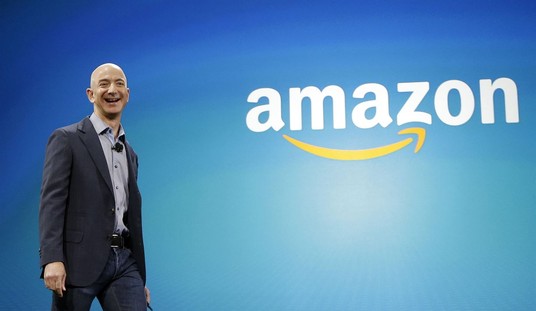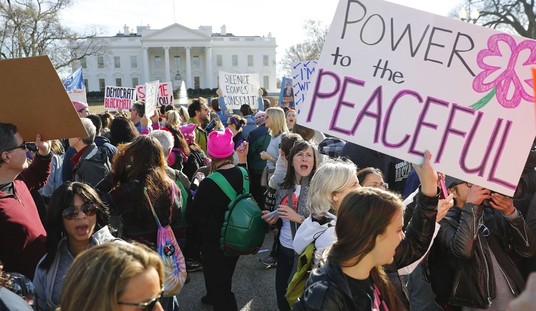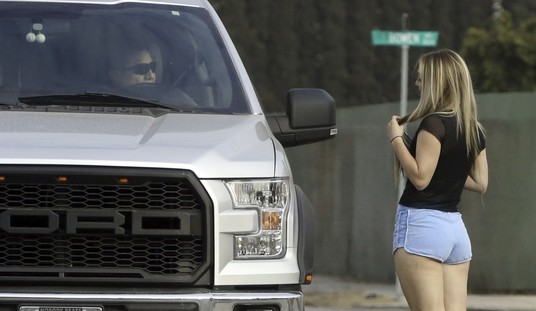“Without exaggeration, the final ruling has the potential to be the most important declaration on how the Constitution divides up power between national and state governments since the New Deal days some three quarters of a century ago. Without exaggeration, it could be the most important pronouncement on the federal ‘safety net’ since the Social Security Act was upheld by the Court in 1937. Without exaggeration, a decision to strike down all or part of the new health law could be the most severe rebuff of Congress’s power over the national economy since the Sick Chicken Case in 1935. And, without exaggeration, a nullification of the Act in whole or in part could be the most devastating blow to presidential power and prestige since the Steel Seizure Case in 1952.
“The law at issue is not directly about civil rights, but for the nation’s working poor, the coming ruling on the law’s validity could be as important to them as a 1938 decision was for racial minorities, essentially starting the modern civil rights revolution. And for individuals who want to be left alone by their government, the final decision may be a reminder of a 1905 decision that first spelled out a theory of individual liberty that, in time, would contribute importantly decades afterward to that same civil rights revolution…
“By week’s end, America will have witnessed — for most people, from afar, because only a couple of hundred seats are available for those who will see it actually happen — a deeply serious and probably quite revealing conversation about the Constitution and what it might mean 225 years after it was written.”
“Today’s Supreme Court oral argument transcript suggests that many of the justices, including at least three of the liberals, are skeptical of claims that the individual mandate is a tax. This is important not only for today’s argument about the applicability of the Anti-Injunction Act (which probably does not apply if the mandate penalty is not a tax), but to tomorrow’s argument about the constitutionality of the mandate. The federal government has argued that the mandate is constitutional because it is an exercise of Congress’ power under the Tax Clause. Lower courts have almost uniformly rejected this constitutional tax argument, and today’s questioning suggests that the Supreme Court is unlikely to accept it either.
“Justice Stephen Breyer suggested that the mandate is not a tax because ‘Congress has nowhere used the word ”tax.” Justice Ginsburg noted that the mandate may not be a tax because it isn’t a ‘revenue-raising measure,’ and because the monetary penalty is separable from the mandate itself. Justice Sotomayor also expressed doubts about whether the mandate is a tax, as did several for the conservative justices. As far as I can tell, none of the justices seemed to support the argument that the mandate is a tax.
“Thus, today’s events do not bode well for the federal government’s constitutional tax argument.”
“‘The idea that the mandate is something separate from whether you want to call it a penalty or tax just doesn’t seem to make much sense,’ Roberts said, over strong objections from attorney Gregory Katsas. ‘It’s a command. A mandate is a command. If there is nothing behind the command, it’s sort of, well what happens if you don’t file the mandate? And the answer is nothing. It seems very artificial to separate the punishment from the crime. … Why would you have a requirement that is completely toothless? You know, buy insurance or else. Or else what? Or else nothing.’
“That wasn’t what the challengers wanted to hear. A key feature of their argument is that the individual mandate is distinct from the fine the government will assess on people who fail to purchase insurance. They say the case isn’t about Congress’ power to tax or penalize people but rather about its power to force people to take actions they may not want to take. Roberts dismissed this distinction.
“The question now is how far-reaching the implications of that dismissal are. It’s possible that Roberts was linking the mandate and its enforcement mechanism for the purpose of answering a much narrower question — that it wasn’t a tip-of-the-hand at all. But if the two measures are linked, then the court could easily conclude they both stem from the same power, and give them the green light.”
“The survey asked former Supreme Court clerks and lawyers who have argued cases before the Court to assess the probability, on a scale from zero to 100 percent, that the Justices would strike down the law’s mandates on individuals to purchase health insurance or its provisions expanding eligibility for Medicaid to millions of more uninsured adults.
“[A]ll three groups of former clerks-even those who had worked for the Court’s conservative block-said the odds that the Justices would uphold the mandate was well above 50 percent. Lawyers who have argued before the Court said there was a 36 percent probability the Justices would strike down the mandate, about the same as the clerks overall.
“‘I don’t think this case will be nearly as close a case as conventional wisdom now has it,’ one respondent noted in an open-ended comment. ‘I think the Court will uphold the statute by a lopsided majority.'”
“The Supreme Court ruling on health care just may not be such a big deal in campaign 2012 after all.
“Most Americans have already formed an opinion of the Obama health care law, and a Supreme Court ruling isn’t going to change that…
“Since August 2009, ABC/Washington Post polling has asked Americans whether they support or oppose changes to the health care system that have been enacted by Congress and the Obama administration. At no point has the ‘support’ hit 50 percent. Yet, opposition has also hovered in the same narrow range – somewhere between 48 percent to 52 percent…
“For many Americans, the real frustration about the health care law is that the debate over it consumed far too much time and energy in Washington, time and energy that they believe should have been spent trying to fix the economy.”
“Think of the advantage that this situation gives Romney: Even if the health care law is ruled constitutional, legitimate political questions remain because it is not fully operative for two more years. Only ‘Romneycare’ is a public-private-sector plan in full operation, praised by his opponents — like Massachusetts Gov. Deval Patrick, a top Obama ally. By embracing a role for government in addressing health care, Romney has neutralized traditional winning Democratic arguments.
“The Obama campaign has one overriding aim — paint any GOP nominee as out of touch with the problems facing average Americans. ‘Romneycare’ presents a problem for this narrative. If the former head of Bain Capital is allegedly the ‘same ole’ GOP rich guy worshipping at the altar of social Darwinism, how does the ‘compassionate party’ explain away using ‘Romneycare’ as a model?
“The conservative elite predicted the health care issue would sink Romney. But GOP primary voters have not rebelled. Indeed, they are clearing the path for Romney’s eventual nomination. We see a message here. Republican voters understand ‘Romneycare’ has flaws and isn’t ideologically doctrinaire. But the elite don’t face the same problems as the many GOP voters who see Romney as a pragmatic governor who tried to solve a pressing problem facing his state.”








Join the conversation as a VIP Member